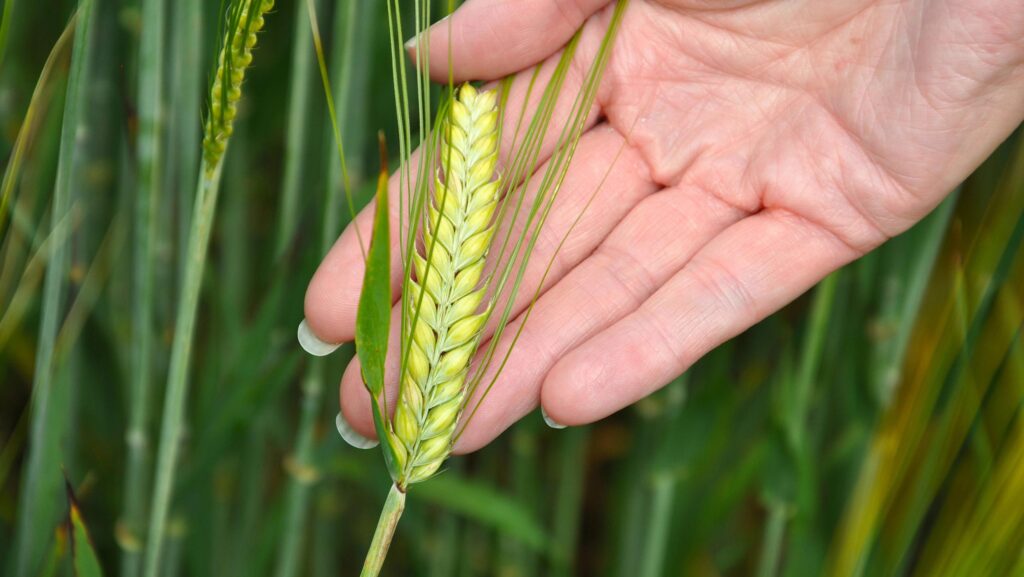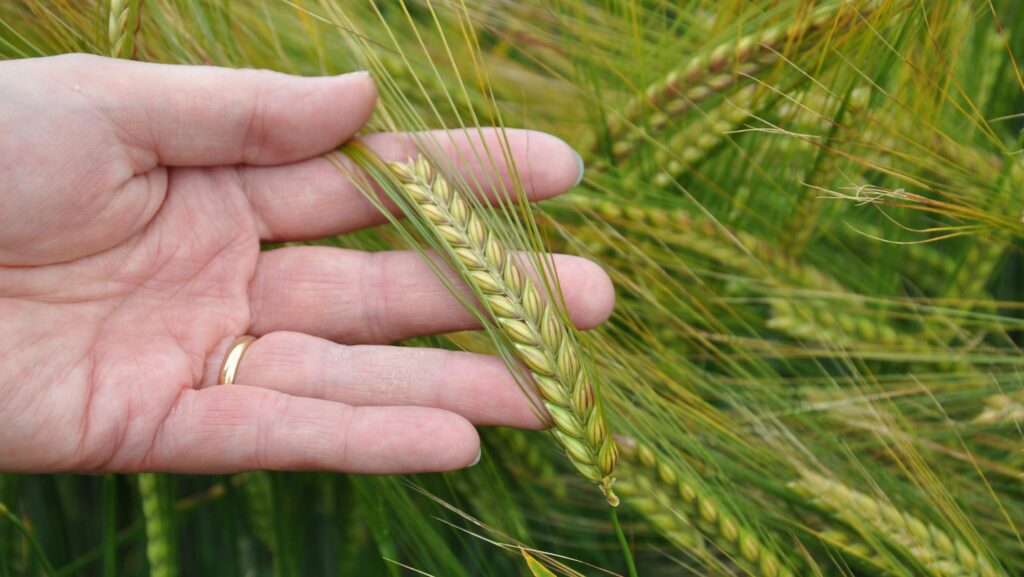Malting barley variety Tennyson gains distilling approval
 Tennyson © Syngenta
Tennyson © Syngenta Spring barley growers have another high-yielding malting option next spring, with Tennyson securing full approval for malt distilling and provisional approval for brewing.
Syngenta’s Tennyson joined the AHDB Recommended List (RL) in 2023 as a potential malting variety, subject to approval by the Malting Barley Committee.
It has an RL yield of 102%, compared with leading variety Laureate at 101%.
See also: New high performing feed wheat available next season
However, its untreated yield is 88%, lower than Laureate’s 92% but higher than Planet’s 87%. Tennyson also ripens two days earlier than Planet.
The malting market is dominated by dual-purpose Laureate, used for distilling and brewing, while in the brewing-only market the major players are Planet and Skyway.
Kathryn Hamlen, Syngenta seeds portfolio marketing manager, says it is a high-yielding spring barley with market opportunity for both malt distilling and brewing, and has excellent performance in the north.
“For end users, it really pushes forward on quality,” she adds.
She explains that Tennyson has the highest predicted spirit yield figure on the RL at 436.8 litres of alcohol/t. High spirit yield is a key requirement for malt distilling.
Tennyson also has the highest hot water extract – important for brewing – on the RL. This means Syngenta is hopeful that it will soon receive full approval for brewing, making it a dual-purpose variety.
On agronomy, Tennyson’s disease ratings are 8 for mildew, 4 for brown rust and 5 for rhynchosporium.
Winter choices

Vessel © Syngenta
Syngenta’s non-GN variety Vessel is the only winter barley variety with potential for malt distilling that features on the Malting Barley Committee approved list.
Glycosidic nitriles (GNs) are organic compounds produced at high levels by some barley varieties when they are malted and can lead to the production of a potentially harmful compound under certain conditions during distilling.
Therefore distillers will only accept varieties which are classed as non-GN or low-GN producers.
Syngenta’s Kathryn Hamlen points out that spring barley currently dominates the market for distilling, but having a winter malting barley variety with potential for malt distilling could offer both growers and end users flexibility.
It could help manage risk in years with a difficult spring barley harvest.

